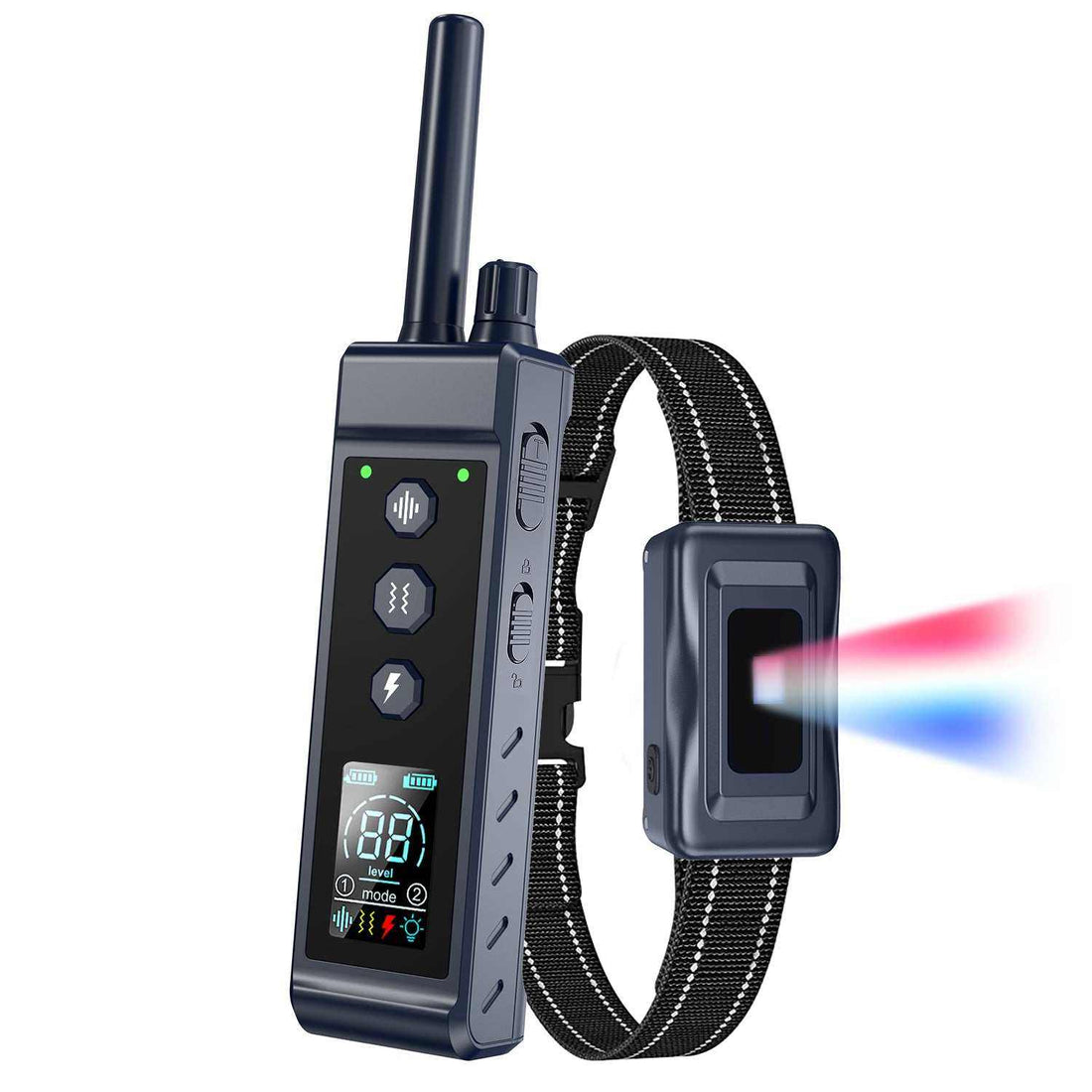






About cats' daily life
Food allergies in cats are a common health problem. While sometimes difficult to detect, understanding their symptoms and how to manage them is essential knowledge for every pet owner. Food allergies in cats are often linked to their immune systems, with certain food ingredients triggering immune responses and leading to discomfort. Understanding common food allergy symptoms in cats can help owners identify and manage them promptly.
The symptoms of food allergies in cats vary, with the most common manifestations including skin problems, digestive upset, and behavioral changes. Skin symptoms often manifest as excessive scratching, hair loss, redness, swelling, or small pus-filled bumps on the skin, particularly around the ears, abdomen, or neck. Skin inflammation can cause a cat to lick and scratch constantly, and in severe cases, can even disrupt their daily routine. Digestive upset symptoms often manifest as vomiting, diarrhea, or constipation. If a cat experiences these symptoms after eating, it may be a sign of a food allergy. Additionally, some cats may experience loss of appetite and weight loss, which may be related to digestive issues or poor nutrient absorption caused by allergies.
If your cat exhibits the aforementioned food allergy symptoms, you can make a preliminary assessment based on their behavior. However, the most accurate diagnosis is to see your cat for a veterinarian. The veterinarian may recommend a food elimination trial, gradually eliminating potential triggering foods to ultimately identify the allergen. This process can take several weeks, and requires patience and cooperation from your cat.
The most effective approach to managing a cat's food allergy is to identify and avoid the allergen. Common food allergens include beef, chicken, fish, dairy products, and certain grains. Each cat's allergy trigger is unique and may be a single food or a combination of foods. Identifying the triggering food and avoiding it as much as possible can effectively alleviate the allergy symptoms.
In addition to avoiding allergens, adjusting your cat's diet is also crucial. Consider choosing a cat food specifically formulated for sensitive gastrointestinal tracts; these foods often contain no common allergens and can reduce the risk of allergic reactions. Additionally, pet owners can try offering their cat natural food alternatives, such as single-protein cat food or wet food with low-risk ingredients. These alternative foods may be more suitable for cats with sensitive allergies and help reduce allergic reactions.
For some severe allergic reactions, your veterinarian may recommend medication. Common medications include antihistamines and steroids, which can relieve itching and inflammation. However, these medications only relieve symptoms and do not fundamentally resolve the food allergy. Therefore, medication should only be a short-term solution; long-term allergy resolution still requires dietary intervention.
If your cat has already developed severe food allergy symptoms, in addition to medication, it is important to provide a comfortable environment to help it recover. Allergy symptoms often cause anxiety in cats, so maintaining a quiet, comfortable environment and minimizing stress are also important steps to help them recover. During the recovery period, owners should also ensure their cats are clean, bathing them regularly, and cleaning their skin to prevent secondary infections.
For cats with sensitive conditions, regular dietary management is particularly important. Owners should monitor their cats' diets and avoid giving them snacks with unidentified ingredients or homemade foods. Some snacks and homemade foods may contain additives, preservatives, and other ingredients that may trigger allergies in cats. Therefore, it is crucial to choose high-quality cat food and treats with clearly defined ingredients.
In addition to diet, a cat's lifestyle also requires attention. Avoid human foods, especially those containing lactose, chocolate, onions, garlic, and other foods that are harmful to cats. These foods may not only trigger allergic reactions but also lead to other health problems. When providing food to cats, ensure that it is safe for cats and meets their nutritional needs.
Food allergy symptoms extend beyond skin problems; a cat's mood and behavior may also be affected. Some cats may become particularly irritable, anxious, or aggressive when experiencing an allergic reaction. Owners should monitor their cat's behavior and promptly adjust their diet or initiate treatment to ensure their physical and mental well-being.
For some cats, food allergies may not only affect their health, but also other environmental allergens. For example, airborne dust mites, pollen, and mold can all contribute to cat allergies. If your cat's symptoms are related to environmental factors, owners can consider improving their environment, such as regularly cleaning their living space and using an air purifier. Providing a clean, allergen-free environment can help reduce the occurrence of allergic symptoms.
The key to preventing food allergies in cats is maintaining a healthy diet. Regular veterinary checkups can ensure your cat is free of food allergies or other health issues. Avoid frequent changes in food brands or types to reduce your cat's exposure to potential allergens. Consistently providing your cat with high-quality food can effectively reduce the risk of food allergies.
In short, food allergies in cats require careful identification and management. By observing your cat's symptoms, understanding common allergens, and implementing appropriate dietary adjustments and treatments, you can effectively alleviate allergic reactions and improve your cat's quality of life. If your cat shows symptoms of a food allergy, promptly seeking medical attention, adjusting its diet, and improving its environment are all important measures to ensure its health.
